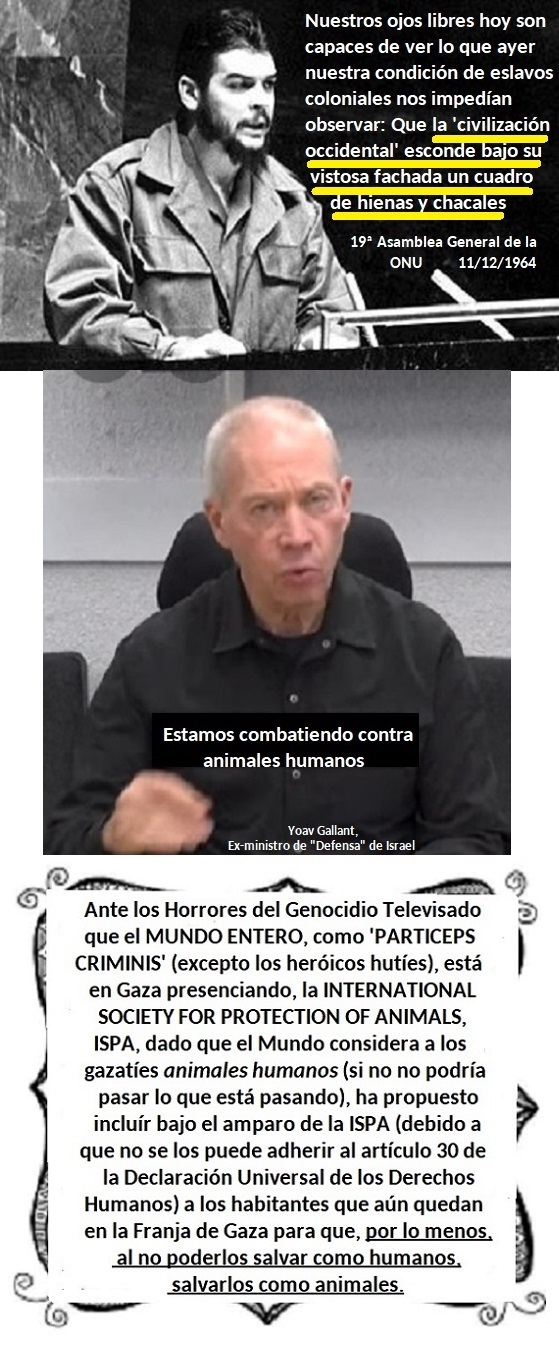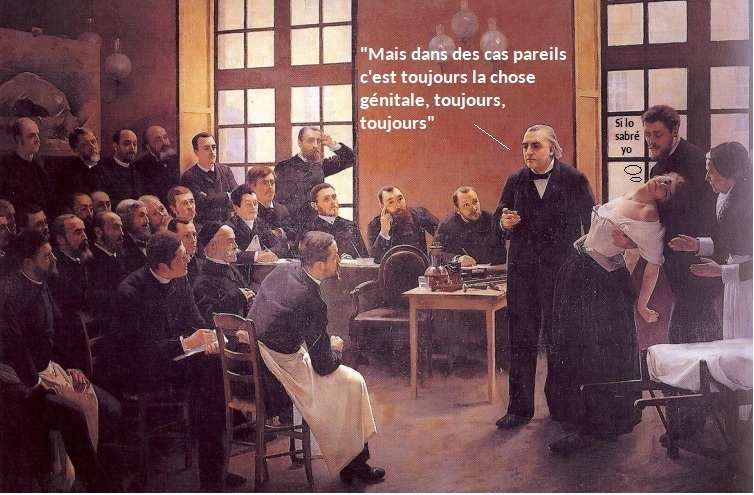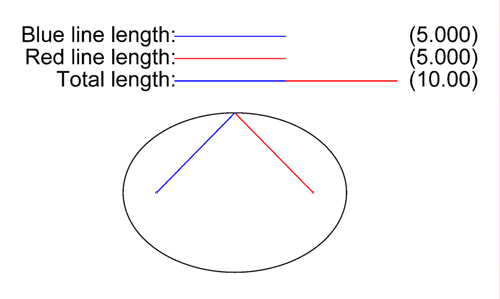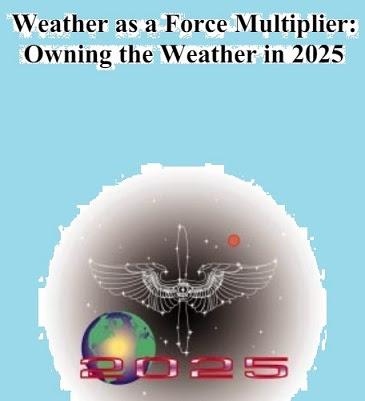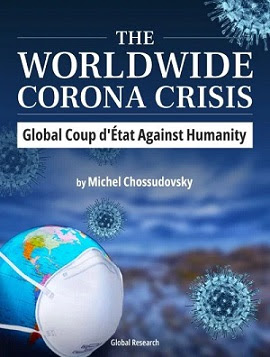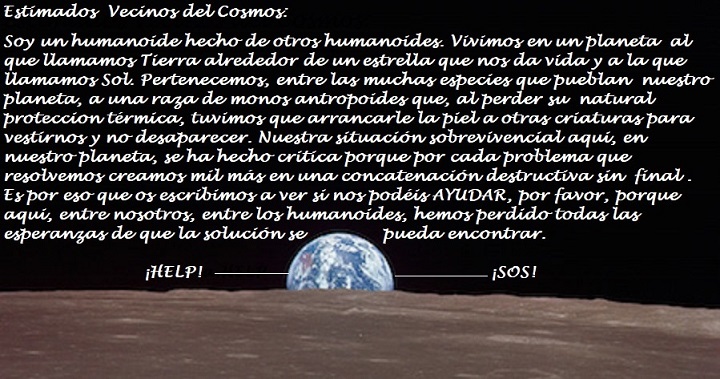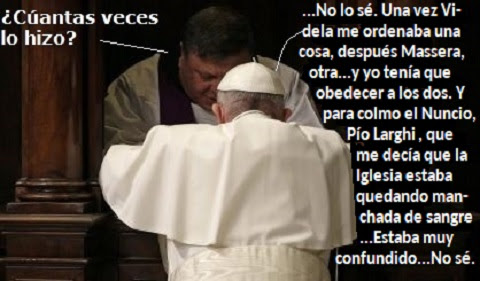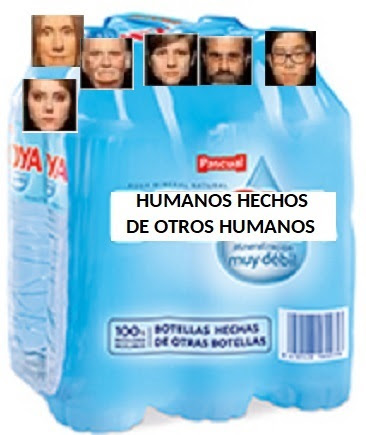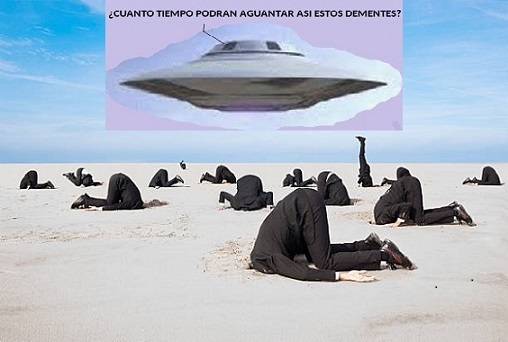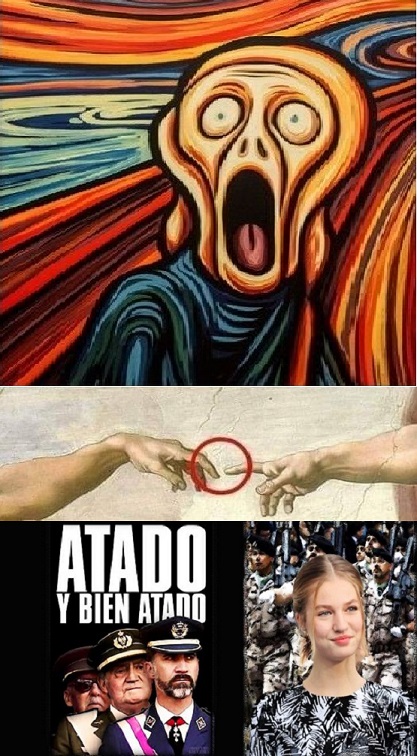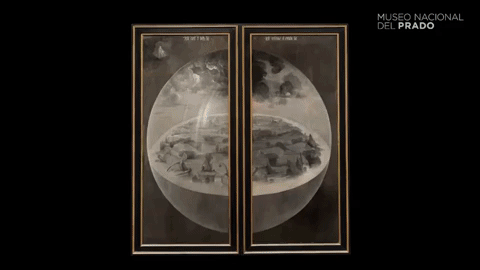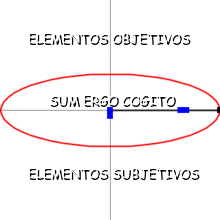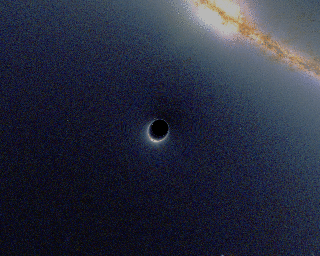"Yesterday we did not know that coal tar contains alizarin. Today we have learned that it does.
¿The question is, did coal tar contain alizarin yesterday?
Of course it did. To doubt it would be to make a mockery of modern science. And if that is so, three important epistemological conclusions follow:
1)
Things exist independently of our consciousness, independently of our sensations, outside of us, for it is beyond doubt that alizarin existed in coal tar yesterday and it is equally beyond doubt that yesterday we knew nothing of the existence of this
alizarin and received no sensations from it.
2)
There is definitely no difference in principle between the phenomenon and the thing-in-itself, and there cannot be any such difference. The only difference is between what is known and what is not yet known....
3)
In the theory of knowledge, as in every other sphere of science, we must think dialectically, that is, we must not regard our knowledge as ready-made and unalterable, but must determine how knowledge emerges from ignorance, how incomplete, inexact knowledge becomes more complete and more exact.
4)
Once we accept the point of view that human knowledge develops from ignorance, we shall find millions of examples of it just as simple as the discovery of alizarin in coal tar, millions of observations not only in the history of science and technology, but in the everyday life of each and every one of us that illustrate the transformation of "things-in-themselves" into "things-for-us," the appearance of "phenomena" when our sense-organs experience an impact from externa objects, the disappearance of "phenomena" when some obstacle prevents the action upon our sense-organs of an object which we know to exist.
The sole and unavoidable deduction to be made from this --a deduction which all of us make in everyday practice and which materialism deliberately places at the foundation of its epistemology-- is that outside us, and independently of us, there exist objects, things, bodies and that our perceptions are images of the external world."
V. I. Lenin, Materialism and Empirio-criticism (1909)
a)
Hay un mundo objetivo afuera de nuestra subjetividad, que, una vez descubierto y recuperado por nuestro conocimiento, anula la ignorancia que teniamos de el, y, al mismo tiempo, es, precisamente, consecuencia dialectica de esta susodicha ignorancia.
b)
No hay diferencia entre el "fenomeno" y la "cosa-en-si-misma" (kantiana). La diferencia solo se da entre lo que se conoce y lo que se desconoce: entre conocimiento e ignorancia
c)
Tenemos que pensar dialecticamente. Tenemos que aproximarnos a entender la realidad de una manera dialectica. Asi, el conociemiento nunca es completo e inalterable, es tan solo "un escalon"
en el desarrollo del antagonismo donde se confrontan ignorancia y conocimiento, y de esta 'antitesis' surge el peldaño siguiente como superacion de esa misma contradiccion.
d)
Ello afecta la realidad de cada ser humano donde "things-in-themselves" (las cosas en si mismas)se transforman en el enajena-miento de "things-for-us," (las cosas utiles a nosotros)


































































































































































